“Feel the fear and do it anyway.” It sounds great. Heroic. When terror grips you by the throat, stand up and face it, ready to fight.
It’s become the battle cry of the entrepreneur who wants to expand their visibility — which is key in today’s online entrepreneurial marketplace.
In fact, if you have a personal brand, it has become almost essential to let yourself be seen and heard so you can build your “know, like and trust” factor, and be viewed as a go-to expert.
Those who are willing to show their face will dominate the space. And this means using such platforms as Youtube, Periscope, webinars, Facebook Live, and other livestreams.
And let’s face it: technology isn’t holding us back anymore. It doesn’t take an expert to make a Youtube account. Really, anyone with an iphone or a computer can make and post videos.
As it’s become more and more important to make yourself be seen and heard, a business coaches and strategists push their clients to simply go for it: “Come on everybody, make videos! Get on Snapchat! Push past that fear!”
But is it always sound advice to respond to your fears by brute-forcing your way past them? For some people, they’ll try it and love it, finding that their nerves can prove adaptive to achieving their goals. Indeed, people go on stage all the time feeling shaky or even terrified, and end up putting on a great show that inspires their audience. But at what cost?
More often than not I’d argue that it isn’t good advice. Sometimes, the fear you feel is so real that it can’t simply be willed away by channeling your inner Nike commercial and “Just Do It.”
If you’re still being met with fear and resistance even after your earnest attempts to push past your fear, take a deep breath and and consider these 3 points.
1. When you’re feeling fear, your body is in a state of fight or flight.
Stage fight isn’t just something made-up in our heads. It’s our bodies’ innate response to fear. When you feel fearful about going on stage or on camera, your blood is redirected into your muscles so you can run or fight, while taken away from your digestion and your brain.
Wait . . . did I say brain? Yes — and that’s why your brain goes blank when you feel put on the spot. This is quite the opposite of how you want to feel when you are making a presentation of any sort. Rather, you want to feel focused and mentally flexible, with a deep awareness of yourself and your audience.
2. If you’re afraid, you’re missing out on the potential to really enjoy your experience.
Not only does fear cause your brain to go blank, but it also seriously inhibits your ability to enjoy the experience of being seen. When I’m on camera or on stage, I want to say, “Wow! This is amazing experience, a great opportunity where I get to connect with my audience, right here and now.”
Letting yourself be seen opens up a great possibility to feel gratitude, connection, and a feeling of expansion. But it’s hard to really be present and enjoy these experiences if your fear gets in the way.
3. Just pushing your fears aside doesn’t get to the root of the problem.
Most importantly, “pushing past your fears” doesn’t address why the fears are there to begin with.
Fear doesn’t exist in a vacuum. If you’re feeling fearful about being seen, it’s almost certainly because of negative experiences and memories in your past, or limiting beliefs you hold about standing out and what others might think of you.
These experiences operate in the background of your psyche, taking up precious mental bandwidth and memory, just like apps running on the background of a computer.
Of course, when you’re inside your comfort zone, protected by the familiarity of your routine, you may continue on, blissfully unaware of such limiting beliefs that you acquired long ago.
When you think about going on camera, on the other hand, you can be sure you’ll remember plenty of painful instances from the past that have impacted your feelings of confidence (or lack thereof).
But while dredging up old memories can seem like an arduous and hurtful process, it’s actually a gift in disguise.
Because with this awareness of our past traumas, we have the opportunity to declutter our mental closets — to sweep away those negative experiences that prevent us from shining on stage or on camera.
Just like an actual cleaning out of our closets, we can sort through what we want to keep and what no longer fits. And when it’s cleared out — wow, so much spaciousness! We feel renewed and energized.
If we simply “push past the fear,” however, our mental closets, with all their limiting beliefs and painful memories, remain untouched — or worse even, we add even more clutter to them.
So the next time you hear that fearful yet scared voice saying “No!”, don’t fight your feelings. Instead, consider it to be an opportunity to clear our your mental closet, freeing yourself from burdens that are holding you back from achieving your full potential.
When you’ve opened up space in your mental closet, you’ll have the freedom to reach exciting new heights — and enjoy yourself as it’s happening.
“Pushing past the fear” might work for some, at some moments in time, and that’s great. But getting to the root of it all, and replacing your fear with feeling good — that’s even better.
Click here for a free PDF guide on dealing with fear in front of the camera.
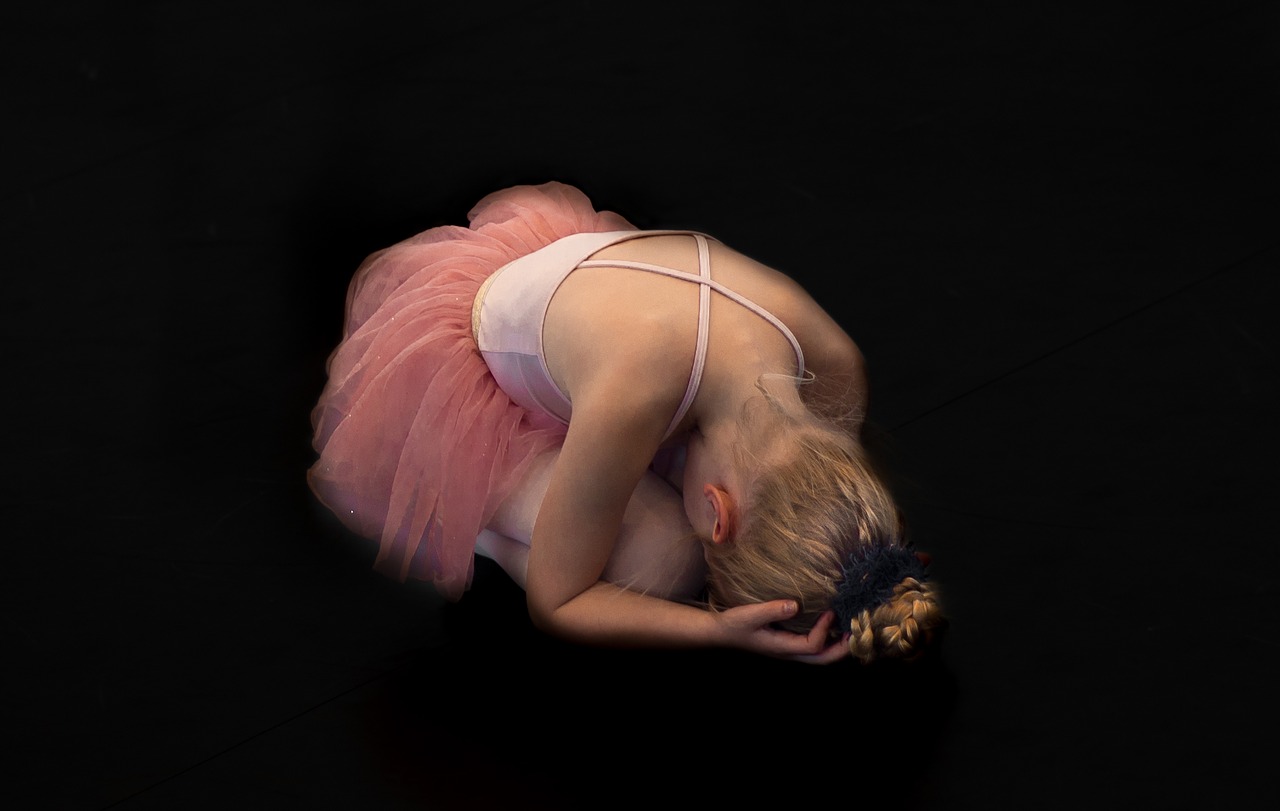
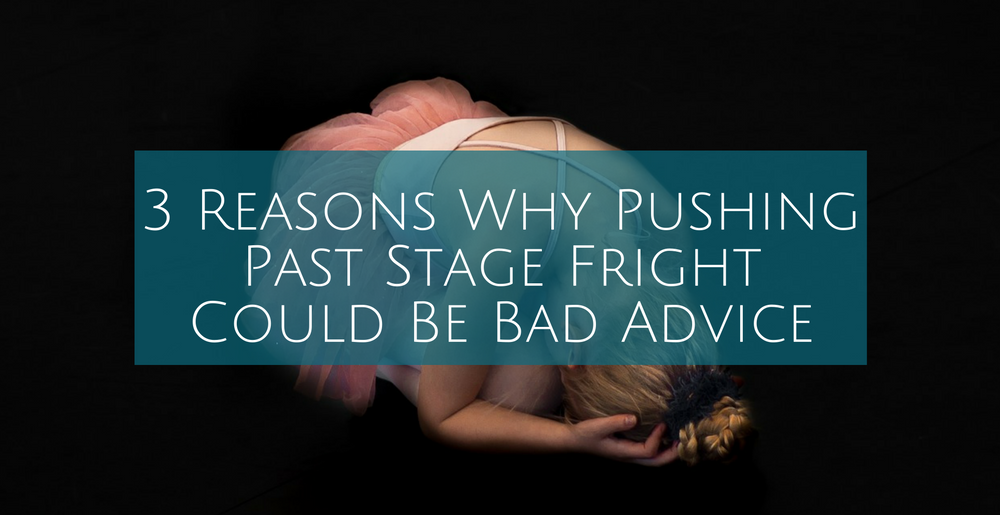

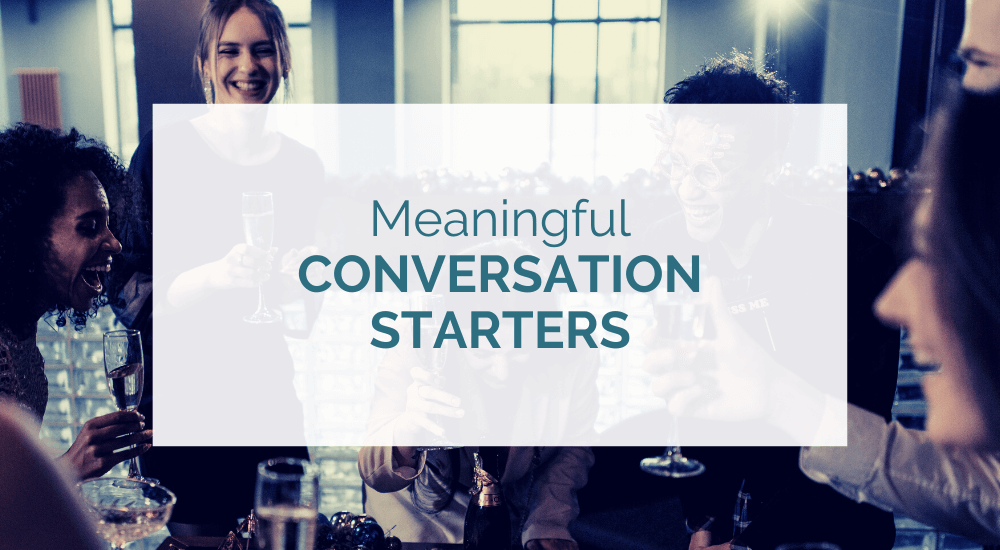
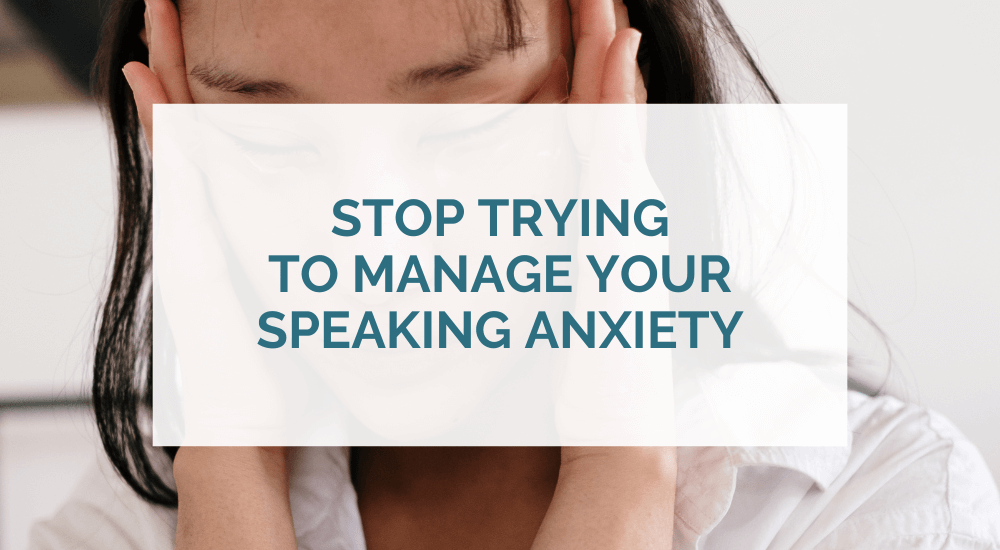
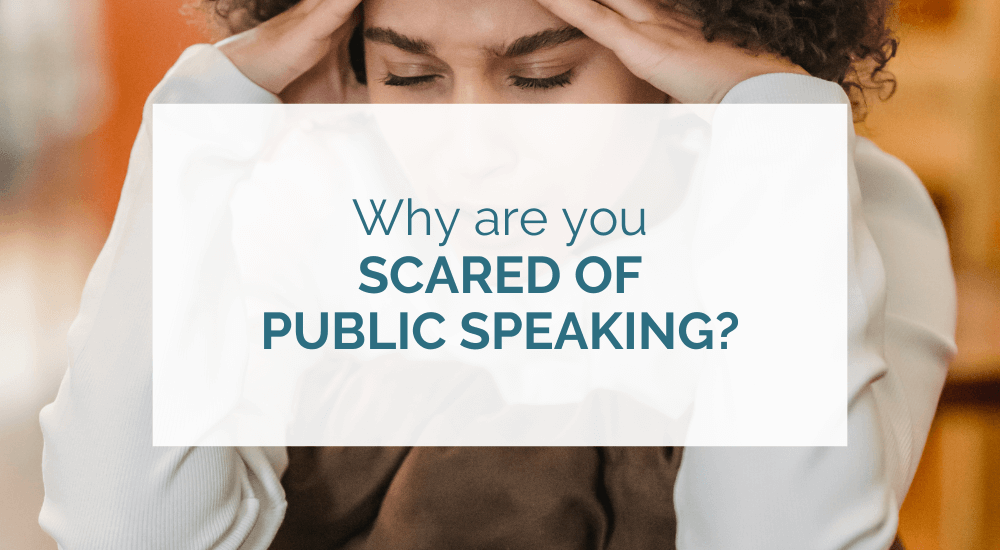

0 Comments
Trackbacks/Pingbacks